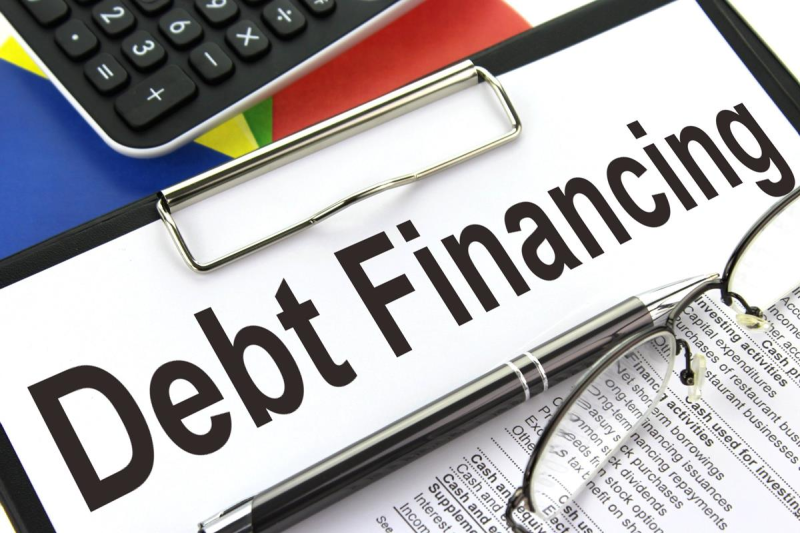Casinos are built on the allure of risk and reward. The promise that you can start with just $5 and unlock spins makes the idea of gambling sound harmless, even playful. But when that risk is funded with borrowed money, the danger multiplies. The logic seems simple: take out a loan, play a few hands of blackjack, and repay it with your winnings. Yet history, and countless personal stories, show that this is rarely how it ends.
Borrowing to gamble creates a dangerous feedback loop. If you win, you might double down, thinking credit-fueled betting is a shortcut to profit. If you lose, you’re left with two burdens: the original loan and the temptation to borrow more to chase your losses. Unlike discretionary spending, gambling debts are often high-interest, compounding the problem over time.
Financial advisors often compare it to setting fire to your own paycheck: the act may feel thrilling in the moment, but it leaves only ashes behind. The simplicity of borrowing obscures its consequences, making it vital for players to recognise that debt and gambling should never mix.

Why casinos accept credit card deposits—and why you shouldn’t use them
Casinos make it as easy as possible to deposit money, including with credit cards. For operators, it’s a logical business decision: credit card transactions are fast, widely available, and carry fewer risks of failed payments compared to some alternatives. For players, the convenience seems like an advantage—until the bill arrives.
When you use a credit card to gamble, you’re not just playing with money you don’t have; you’re also stepping into a system designed to profit from your borrowing. Banks treat gambling transactions as “cash advances,” which often come with higher interest rates and fees. In some jurisdictions, casinos actively encourage card deposits, framing it as just another way to keep the fun going.
Here’s the catch: while casinos gain a steady flow of players willing to spend more than they own, players risk digging financial holes that are difficult to escape. By comparison, paying from a debit card or digital wallet creates a natural limit—you can only lose what you actually possess.
Put simply: the convenience of credit card gambling is an illusion. The short-term access it provides can carry years of financial consequences.
Interest rates and debt traps from casino losses
To understand the risks, one must look closely at how gambling debts behave under typical lending conditions. Credit card companies often charge interest rates ranging from 18% to 30%, with additional fees for cash advances. When a $500 gambling loss is rolled into credit card debt, the actual cost grows quickly.
Consider the following example:
| Loan Type | Principal | Interest Rate (Annual) | Balance After 1 Year (if unpaid) |
| Credit Card Advance | $500 | 24% | $620 |
| Payday Loan | $500 | ~300% (typical APR) | $2,000+ |
| Personal Loan | $500 | 12% | $560 |
Debt tied to gambling is often compounded by the psychological urge to “chase losses.” A gambler who loses $500 may borrow again to try to recover, only to lose more. The problem escalates into a cycle of mounting principal and spiralling interest.
What begins as a single ill-advised bet can evolve into a multi-year financial struggle. Debt collectors, damaged credit scores, and personal stress are the hidden costs of betting on borrowed funds.
Safer alternatives to fund your gaming hobby
Gambling, when treated as entertainment, should follow the same financial rules as dining out or buying concert tickets: spend only what you can afford to lose. That doesn’t mean cutting out the hobby entirely—it means funding it responsibly.
Some safer alternatives include:
- Budgeting cash deposits: Decide in advance how much you can spend on gambling each week or month, and stick to that limit.
- Using prepaid cards: A prepaid card allows you to load a fixed amount, creating a natural cap.
- Entertainment-first mindset: Consider gambling as a night out, not an investment. Once your set amount is gone, the fun is over.
- Exploring no-cost alternatives: Free-play casino apps and low-stakes social games offer entertainment without financial risk.
These methods don’t eliminate the risk of loss, but they prevent the spiral of debt that loans create. By reframing gambling as discretionary spending, players maintain control—and protect their financial health.

How to recover financially after taking loans to gamble
For those already caught in the trap of borrowing to gamble, recovery requires both financial planning and personal accountability. The first step is to acknowledge the problem and stop the borrowing cycle immediately. Seeking professional help—through financial advisors or support organisations—can provide a roadmap for repayment.
Practical steps include:
- Debt restructuring: Consolidating high-interest debt into a single, lower-interest loan can ease repayment pressure.
- Negotiating with lenders: Many credit providers offer hardship programs that reduce interest rates or restructure terms.
- Cutting unnecessary expenses: Redirect funds from nonessential spending toward debt repayment.
- Seeking gambling support groups: Organisations like Gamblers Anonymous provide not just community but also accountability.
Rebuilding finances after gambling with loans takes time. Beyond repayment, it often requires repairing credit scores, which can take years of consistent on-time payments. The emotional toll—shame, anxiety, and secrecy—must also be addressed to avoid relapsing into the same behaviours.
The lesson is stark but vital: recovery is possible, but prevention is easier.
A strict no-borrowing rule for casino players
Gambling can be a legitimate form of entertainment, but only when players stay within their financial means. Borrowing to gamble—whether through credit cards, payday loans, or personal borrowing—turns a leisure activity into a high-stakes financial risk.
The short-term thrill of wagering borrowed funds comes at a long-term cost: mounting debt, damaged credit, and emotional stress. Casinos may offer seamless deposit options, but responsibility lies with the player to establish hard boundaries.
The simplest rule for sustainable gambling is the strictest: never borrow. Treat gambling as you would any other expense—pay with what you have, stop when it’s gone, and never assume debt will become winnings. In the world of chance, loans only increase the odds of losing.
 Peter Smith
Peter Smith

 Peter Smith
Peter Smith


